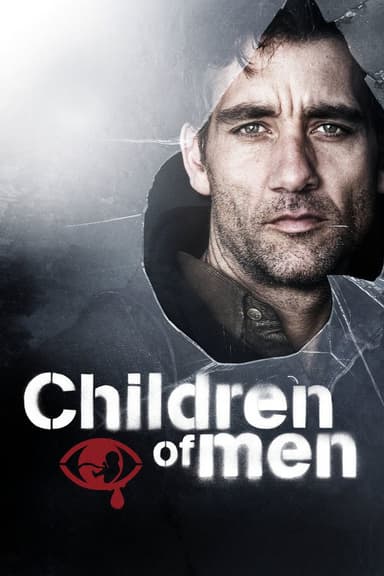
Leviathan
1989 • Adventure, Horror, Science Fiction, Thriller • R
Underwater deep-sea miners encounter a Soviet wreck and bring back a dangerous cargo to their base on the ocean floor with horrifying results. The crew of the mining base must fight to survive against a genetic mutation that hunts them down one by one.
Runtime: 1h 38m
Why you should read the novels
Reading the novels that inspired Leviathan, such as John W. Campbell Jr.'s The Thing and Orson Scott Card's novelization of The Abyss, offers a profound and immersive experience that transcends the limitations of film. These books delve deeply into character psychology, internal conflicts, and detailed world-building, allowing readers to form personal interpretations and emotional connections beyond mere spectacle.
Unlike the movie, which often relies on visual shocks and fast-paced action, the books invite you to linger in moments of tension and philosophical contemplation. They provide context, backstory, and a level of internal dialogue that film simply cannot match, enriching the themes of isolation, paranoia, and human resilience.
If you seek true depth, the source novels' carefully crafted narratives and evocative prose provide a lasting impression and intellectual engagement. Not only do these works enhance your understanding of genre classics, but they also reward you with nuances and insights otherwise lost in adaptation.
Adaptation differences
One of the most noticeable differences between Leviathan and its book inspirations is the nature of the threat. In The Thing, the danger is a shape-shifting alien that assimilates identities, fostering deep paranoia. Leviathan, while influenced by this, reimagines the threat as a mutated organism created by a Soviet experiment, resulting in physical transformation rather than imitation.
Characterization takes a significantly different approach. In both The Thing and The Abyss, protagonist motivations, fears, and internal struggles are deeply explored through narration and dialogue. Leviathan, meanwhile, often introduces characters as archetypes, spending little time on their backstories or inner lives due to time restrictions and cinematic pacing.
Setting and theme also diverge: The Thing utilizes the icy isolation of Antarctica to amplify psychological terror, whereas Leviathan transplants the horror to a claustrophobic underwater mining station. While the sense of isolation remains present, the aquatic environment shapes the narrative's dangers and challenges differently from those in the cold expanse of the books.
Finally, the endings contrast in tone and resolution. The novels often leave ambiguity or nuances that prompt reflection; The Thing concludes with unresolved tension and suspicion, and The Abyss leaves room for transcendence and hope. Leviathan, however, delivers a more conventional, action-driven Hollywood finale, emphasizing immediate survival over lingering philosophical questions.
Leviathan inspired from
The Thing
by John W. Campbell Jr.
The Abyss
by Orson Scott Card










